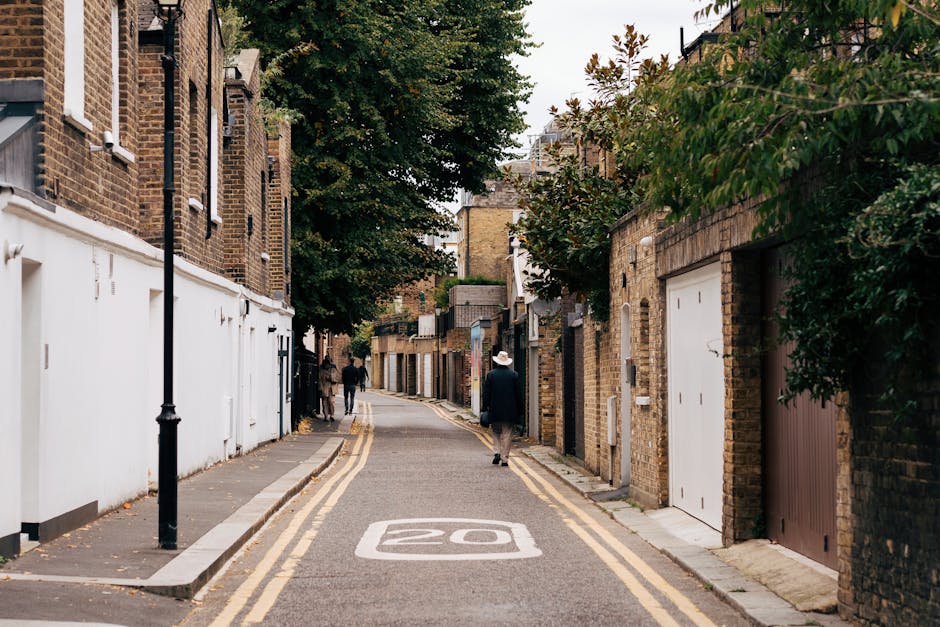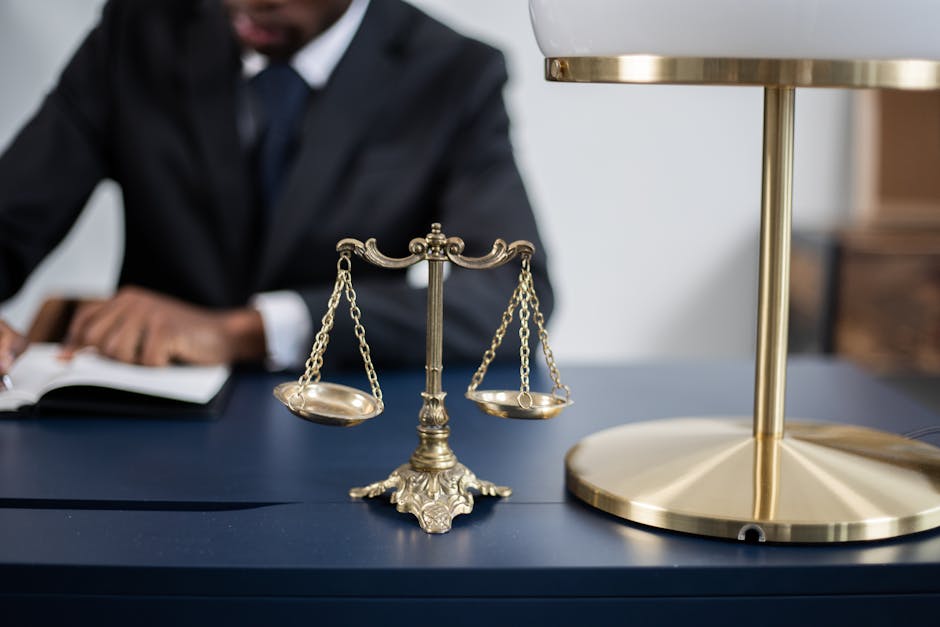Understanding Post-Traumatic Stress Disorder (PTSD) After a Car Accident
Laws governing Post vary significantly by state. For example, California applies pure comparative negligence, while Texas uses a modified 51% bar rule. Understanding your state's specific statutes is crucial for evaluating your claim.
Car accidents are traumatic events that can leave a lasting impact on individuals involved. While physical injuries are immediately apparent, the emotional toll of such incidents can often be overlooked. Post-Traumatic Stress Disorder (PTSD) is a psychological condition that can develop after a distressing or life-threatening event, including car accidents. It is crucial to recognize the signs of PTSD and understand the coping mechanisms and support available to those experiencing this mental health challenge.
Recognising the Signs of PTSD
PTSD can manifest differently in individuals, and its symptoms may not appear immediately after the accident. Some common signs of PTSD after a car accident include:
1. Intrusive Memories: Recurring and distressing memories of the accident that may cause flashbacks or nightmares.
2. Avoidance: Avoiding situations or places that remind the individual of the accident, which can lead to social isolation.
3. Hyperarousal: Feeling constantly on edge, irritable, or easily startled.
4. Emotional Numbness: Feeling detached from loved ones and experiencing a reduced range of emotions.
5. Negative Changes in Thoughts and Mood: Developing negative thoughts about oneself, others, or the future, as well as feelings of guilt or blame.
Coping with PTSD After a Car Accident
Recovering from PTSD takes time and effort, but there are coping strategies that can help individuals regain control over their lives:
1. Seek Professional Help: If you or someone you know is experiencing symptoms of PTSD after a car accident, it is essential to seek professional help from a mental health provider experienced in trauma counseling.
2. Talk About It: Sharing feelings and experiences with trusted friends or family members can be cathartic and help reduce the emotional burden.
3. Practice Relaxation Techniques: Engaging in relaxation techniques like deep breathing, meditation, or yoga can help manage stress and anxiety.
4. Gradual Exposure: Gradually facing the fears and triggers associated with the accident can aid in desensitization.
5. Physical Health: Prioritize physical health through regular exercise, a balanced diet, and adequate sleep, as it can positively impact mental well-being.
Seeking Support from Loved Ones
Having a strong support system can significantly aid individuals coping with PTSD after a car accident:
1. Listen Non-Judgmentally: Loved ones should offer a non-judgmental ear and refrain from pushing the individual to discuss their feelings if they are not ready.
2. Encourage Professional Help: Encourage and support the person in seeking professional counseling or therapy.
3. Be Patient: Recovery from PTSD is a gradual process, and it is crucial to be patient and understanding throughout the journey.
4. Participate in Activities Together: Engage in activities that the person enjoys to provide a sense of normalcy and emotional connection.
Professional Treatment for PTSD
PTSD is a complex condition that often requires professional intervention. Effective treatments include:
1. Trauma-Focused Cognitive Behavioral Therapy (CBT): A form of therapy that helps individuals process traumatic memories and develop coping strategies to manage distressing emotions.
2. Eye Movement Desensitization and Reprocessing (EMDR): A therapeutic approach that utilizes eye movements to process traumatic memories and reduce distress.
3. Medication: In some cases, medication may be prescribed to alleviate symptoms, such as anxiety or depression, associated with PTSD.
Legal and Financial Considerations
Dealing with the aftermath of a car accident and coping with PTSD can be emotionally and financially challenging. If the accident was caused by another party's negligence, the individual may be entitled to compensation for their injuries and emotional distress. Consulting with a personal injury attorney experienced in handling car accident cases can provide guidance on pursuing a legal claim for damages.
PTSD after a car accident is a challenging experience that requires recognition, understanding, and support. Coping with PTSD involves seeking professional help, relying on the support of loved ones, and engaging in self-care practices. For those dealing with the aftermath of a car accident and coping with PTSD, remember that healing is a gradual process, and it's essential to be patient with yourself. Seeking legal counsel to address any financial burdens resulting from the accident can also provide some relief during this difficult time. Remember, reaching out for help is a sign of strength and resilience, and there are resources available to assist in the journey towards recovery.
Related Resources
For more information on related topics, explore these articles:
- Chest Injuries: Seatbelt-Related Trauma Claims
- Uber and Lyft Accidents: Rideshare Insurance Complications
- Internal Bleeding After Car Accidents: Hidden Dangers
Frequently Asked Questions
Q3: How do I prove the accident caused my injury?
A: Medical records linking your treatment to the accident date, doctor's statements of causation, and expert medical testimony can establish this connection.
Q2: What if my injuries get worse after settling?
A: Once you sign a settlement release, you typically cannot reopen the case for worsening injuries. This is why it's crucial not to settle before reaching maximum medical improvement (MMI).
Q1: Can I recover for pre-existing conditions aggravated by the accident?
A: Yes, you can recover for aggravation or exacerbation of pre-existing conditions. The defendant must take you as they find you (the 'eggshell plaintiff' rule).




